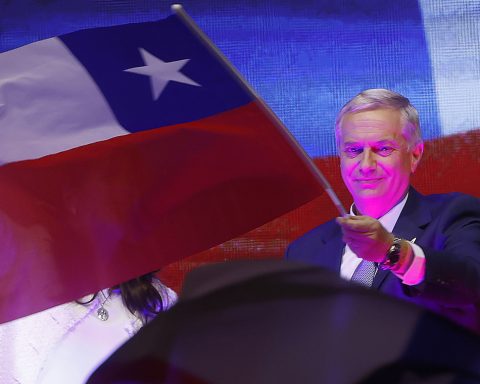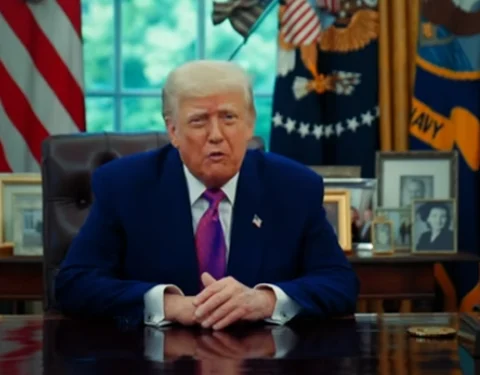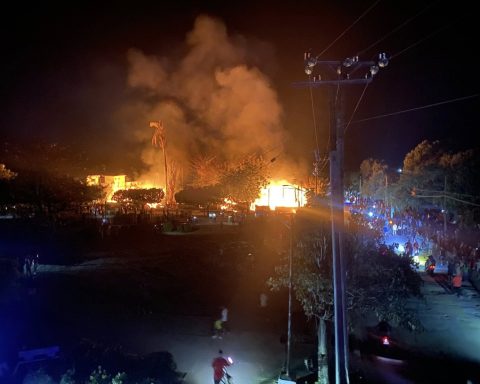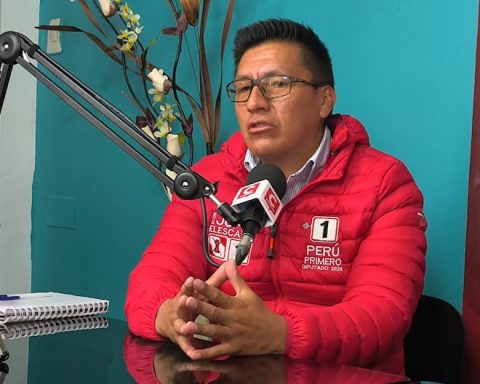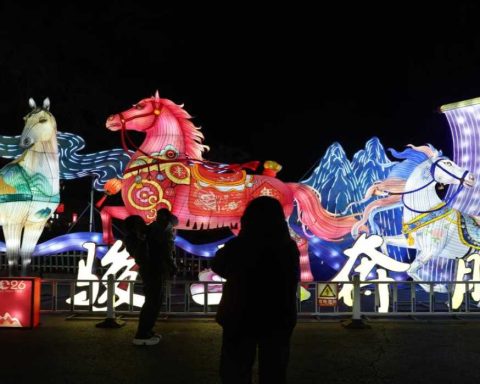Washington set February 28 as the deadline for approving the bill, which was harshly rejected by the main opposition party, the Communist Party of Nepal-Unified Marxist-Leninist Party (CPN-UML).
Finance Minister Janardhan Sharma put the pact to a vote, which will include the participation of the US agency Millennium Challenge Corporation (MCC), after deliberations in the House of Representatives.
The president of that legislative branch, Agni Prasad Sapkota, declared the MCC approved after a voice vote, despite the protests of the CPN-UML in the Lower House.
Earlier, Prime Minister Sher Bahadur Deuba, leader of the ruling Nepali Congress, held heated political consultations with other parties on parliamentary backing for the bill, which the Deuba-led Nepalese coalition government tabled for debate in the Assembly.
Currently, the Nepalese Congress leads the ruling coalition in Kathmandu, which includes among others the Communist Party of Nepal (Unified Socialist) and the Communist Party of Nepal (Maoist Centre).
Nepalese political parties were sharply divided on whether or not to accept this deal with Washington, signed by Nepal and the United States in 2017 and aimed at building infrastructure in the small Himalayan nation, such as power transmission lines and road improvements. nationals.
CPN (Maoist Center) leader Dev Prasad Gurung warned that the grant agreement should be carried out only as a purely economic idea, without violating the sovereignty and the Constitution or laws of Nepal.
For his part, the leader of the CPN-UML, Bhim Rawal, asked the legislators to reject the treaty, considering it a betrayal of the country and the Nepalese people.
Rawal said that Nepal’s independence, nationality and sovereignty would be harmed after the approval of such a grant amid protests.
In Kathmandu, the demonstrations against the agreement with the US agency Millennium Challenge Corporation continue to increase even after its ratification by the Legislature on February 27.
Organizations such as the Nepal Independent Students Union (Revolutionary) and the Nepal Farmers Federation joined political parties opposed to the agreement, including the Communist Party of Nepal-Unified Socialist, the CPN-Maoist Revolutionary, the CPN Center -Maoist and the Rastriya Prajatantra Party.
This opposition believes that accepting such aid will affect Nepal’s sovereignty as an independent political entity in South Asia.
Balram Banskota, member of the permanent committee of the CPN-US and deputy secretary general of Anfpa, told the Peoples Dispatch portal that the vague rules and regulations of the agreement pose a direct threat to the security and sovereignty of Nepal.
The grant investments focus on maintaining the quality of roads and increasing the availability of electricity through a 187-mile power transmission line in Nepal.
Currently, Nepal generates 2,000 megawatts (MW) of hydropower, with another 2,500 MW under construction, and this figure will skyrocket to 7,300 MW by 2025, according to estimates by the Nepal Power Authority.
The debate surrounding the MCC agreement is perceived in terms of the geopolitical rivalry between the United States and the People’s Republic of China and is seen as part of the White House’s Indo-Pacific strategy in South Asia.
For many experts, with the general elections scheduled for November 2022, the controversy over this treaty will continue to play a decisive role in national politics and in Nepal’s relations with the region.
Parliament’s decision to ratify the agreement came after a meeting of the five-party coalition, which finally decided to back the agreement after months of back and forth.
The newspaper The Kathmandu Post reflected that the deliberations culminated when the Communist Party of Nepal (Maoist Center), the CPN (Unified Socialist) and the Janata Samajbadi Party (PJS) – partners of the Deuba government – agreed to vote in favor of the deal but with the condition of an accompanying “interpretative declaration”, maintaining its concerns.
ode/abm

